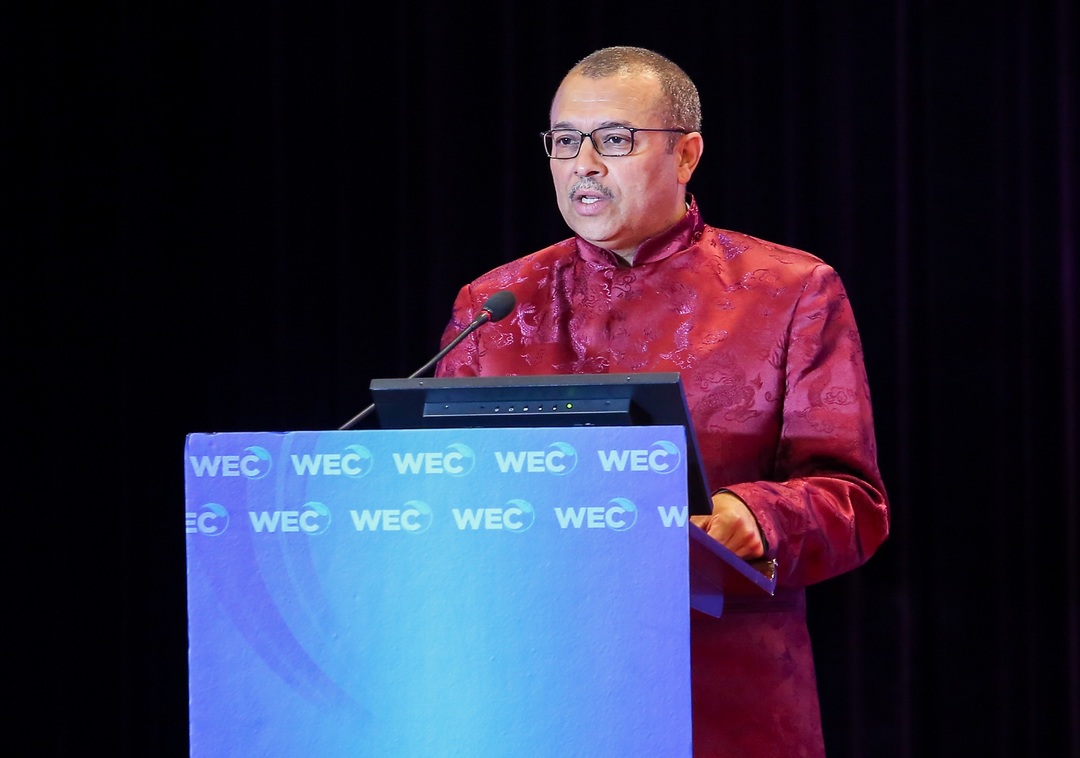
C.T. Frolick, IEEPA Foreign Senior Advisor, House Chairperson of National Assembly of South Africa
South Africa faces the huge challenge of inequality, poverty and unemployment, which are interdependent socio-economic phenomena labelled the “triple challenges” in South Africa.
To solve this problem, Hon. C.T. Frolick suggests 9 points.
1. Ecological conservation & High-Quality development. This is crucial to national rejuvenation and sustainable development for future generations.
2. Address illegal environmental violations and unauthorized economic activity.
3. Respect public concerns of ethnic minorities and culture practices in rural areas where development is taking place. This is crucial in upholding social stability and promoting unity.
4. Consult with and co-operate with traditional authorities where tribal land has been earmarked for development. Get them involved and keep them involved.
5. Have a clear, measurable social development plan in place that clearly spell out the improvement of social conditions in the area.
6. Be aware of fragile ecological environment, severe water preservation situation and development quality that needs to be improved.
7. Develop modern agriculture in major food producing areas to improve crop quality, upgrade infrastructure facilities, improve the provision of public services in poverty-stricken areas and improve the lives of the people.
8. In pursuance if high-quality development, local authorities and developers should explore new ways with local characteristics and participate in the construction of local development plans.
9. Protect local cultural relics and explore the value of culture in modern times. This will lead to a strengthening of national pride and nation building.
We are therefore keen to learn from the unfolding of China’s concept, High-Quality Development, especially the “people-centered philosophy of development”, of a more balanced development. This could well be what we need now to leapfrog us to not only close the wealth gap between people, but also to address diverse regional development disparities, as some of our provinces and towns have high levels of poverty, among others. This is especially relevant in light of spatial inequality, which is another important dimension of inequality in South Africa.








